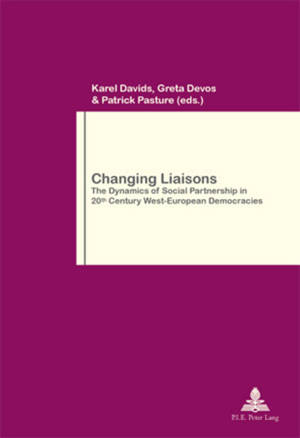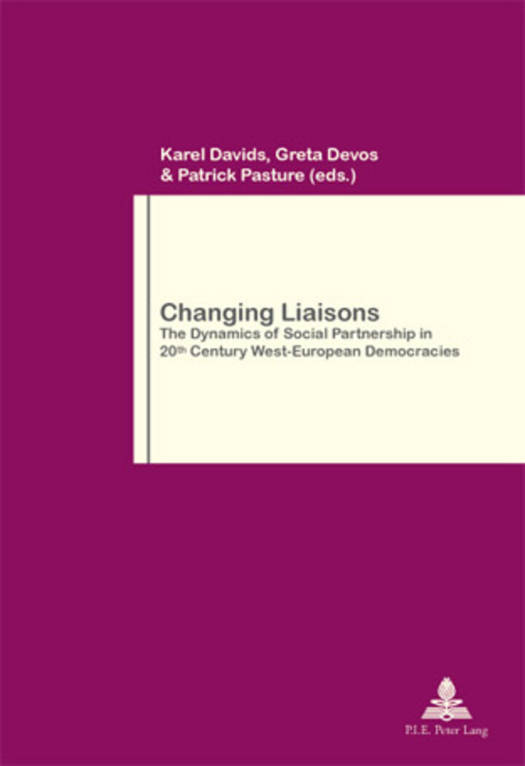
- Afhalen na 1 uur in een winkel met voorraad
- Gratis thuislevering in België vanaf € 30
- Ruim aanbod met 7 miljoen producten
- Afhalen na 1 uur in een winkel met voorraad
- Gratis thuislevering in België vanaf € 30
- Ruim aanbod met 7 miljoen producten
Zoeken
Changing Liaisons
The Dynamics of Social Partnership in Twentieth Century West-European Democracies
Karel "" Davids, Greta Devos, Patrick Pasture
€ 106,95
+ 213 punten
Omschrijving
This book aims at deepening our understanding of concrete, topical developments in the growth of social partnership economies. Inspired by the theory of 'policy learning', it discusses the impact of potential triggers, such as wars and economic crises, on the development of consultative arrangements, questioning how policy adjustments came about and what exactly made them possible. What is the space for policy learning in institutional environments that are notorious for immobility and path-dependency? Different national case studies analyse the origins and development of different social practices and relations between the state and social partners with regard to the organisation of the economy and the labour market within Western Europe. Special emphasis is given to Belgium, the «quintessential European state», and to the Netherlands, the home of the illustrious «polder model» in the 1990s. Several studies highlight the role of social pacts and planning as expressions of effective social partnerships.
Specificaties
Betrokkenen
- Auteur(s):
- Uitgeverij:
Inhoud
- Aantal bladzijden:
- 270
- Taal:
- Engels
- Reeks:
- Reeksnummer:
- nr. 59
Eigenschappen
- Productcode (EAN):
- 9789052013657
- Verschijningsdatum:
- 6/12/2007
- Uitvoering:
- Paperback
- Formaat:
- Trade paperback (VS)
- Afmetingen:
- 150 mm x 220 mm
- Gewicht:
- 379 g

Alleen bij Standaard Boekhandel
+ 213 punten op je klantenkaart van Standaard Boekhandel
Beoordelingen
We publiceren alleen reviews die voldoen aan de voorwaarden voor reviews. Bekijk onze voorwaarden voor reviews.








